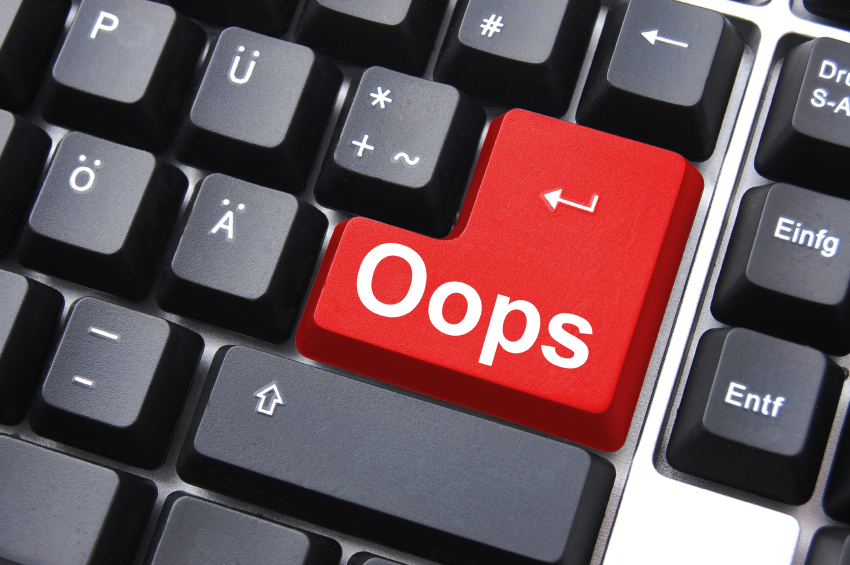![]()
I know you have heard these words spoken before: “It’s not my fault!” And when I hear these words from someone in a leadership position, that “leader” quickly loses credibility with me. That is because leaders don’t blame other people when something goes wrong.
At some point in your career, mistakes will happen and failure will become inevitable. But it is not that mistakes occurred or even the number of failures that should define the leader. It is how the leader decides to handle these failures. As leaders, it is imperative that we learn from our mistakes.
Leaders only fail when we choose not to learn from failure. Success occurs when you have the strength to understand and accept what your personal impact in the failure was and you work to overcome it.
In any failure, a leader seeks to understand what they personally could have done differently to create a different outcome. There have been many leaders before us that failed and still ended up making a positive impact in the world.
Check out this short video Famous Failures. And the next time failure occurs, remember that it is not the failure that defines you, but how you define the failure.
Share with us in the comments section below failures that you have overcome.
Janis Burl is part of the GovLoop Featured Blogger program, where we feature blog posts by government voices from all across the country (and world!). To see more Featured Blogger posts, click here.





Regardless of whose “fault” it was, or how responsibility was divided up, if it NEEDED to be done right, and it WASN’T done right, it still has to GET done right. In which case, the leader’s job isn’t over yet.
Mark, I agree and even then, leaders are not perfect. Mistakes will happen. It is not the mistakes that we make as leaders, its what we do after the mistakes that is important. Thanks for taking the time to read my blog.
Thanks for taking the time to write it!
One of the curses of what I like to call “the cult of accountabalism” is that blame-avoidance risks becoming a much stronger motivator and shaper of organizational behaviour than simply fixing things. You’re quite correct that leaders smetimes get it wrong. And when that happens, the next step should be to get it right, rather than simply get out of harm’s way.